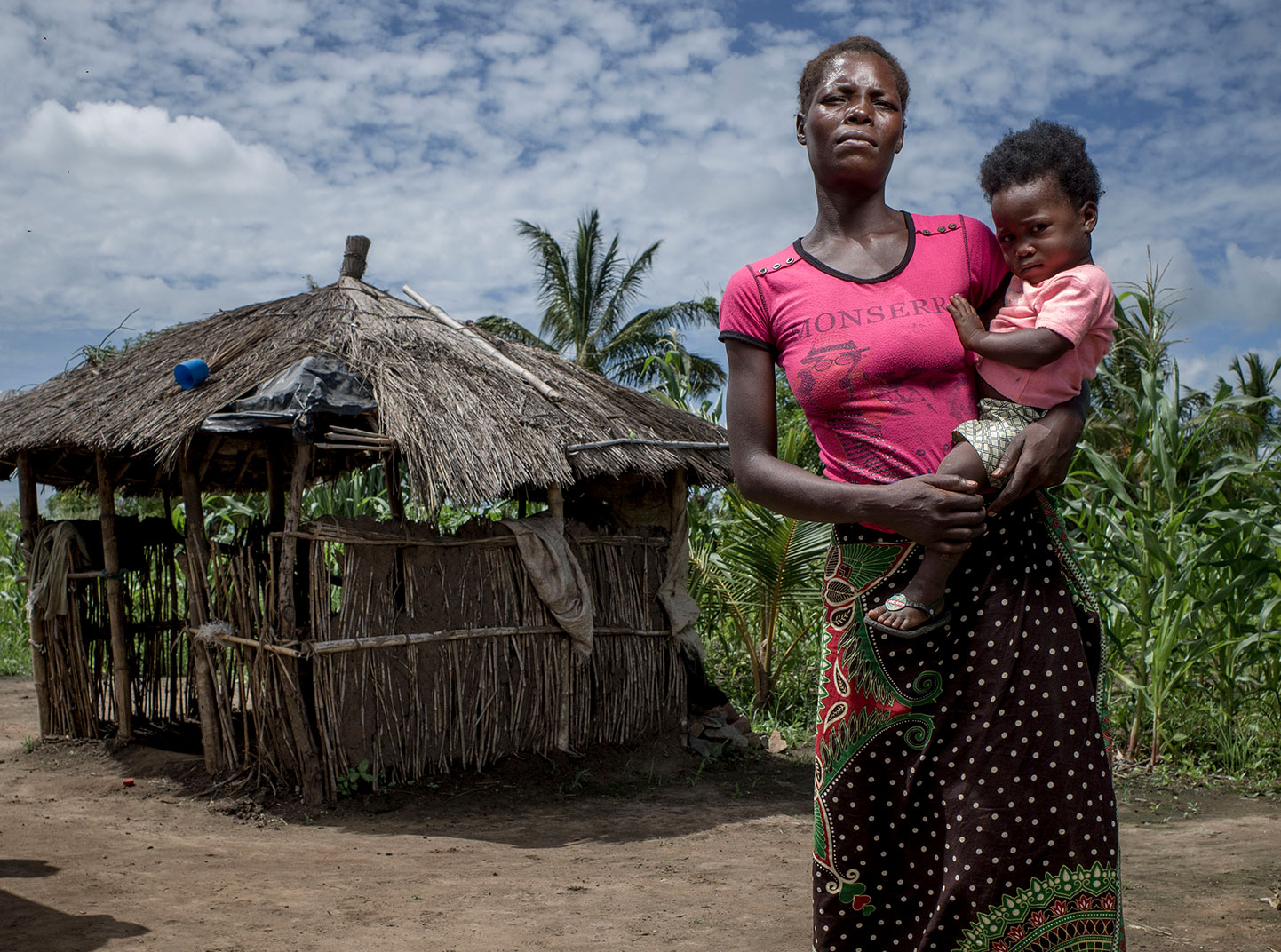
EOR collaborates with local government, traditional leaders, and civil society groups to impart knowledge to residents in rural and underserved areas.

Hs a long history of providing defense support to civil authorities (DSCA) when requested by the Federal Emergency Management Agency (FEMA) and approved by the Secretary of Defense (SECDEF). DoD has unique capabilities, including an ability to deploy on short notice into austere environments, which are not readily available in other federal agencies or in the private sector. EOR stands ready to support humanitarian assistance and disaster relief (HADR) efforts

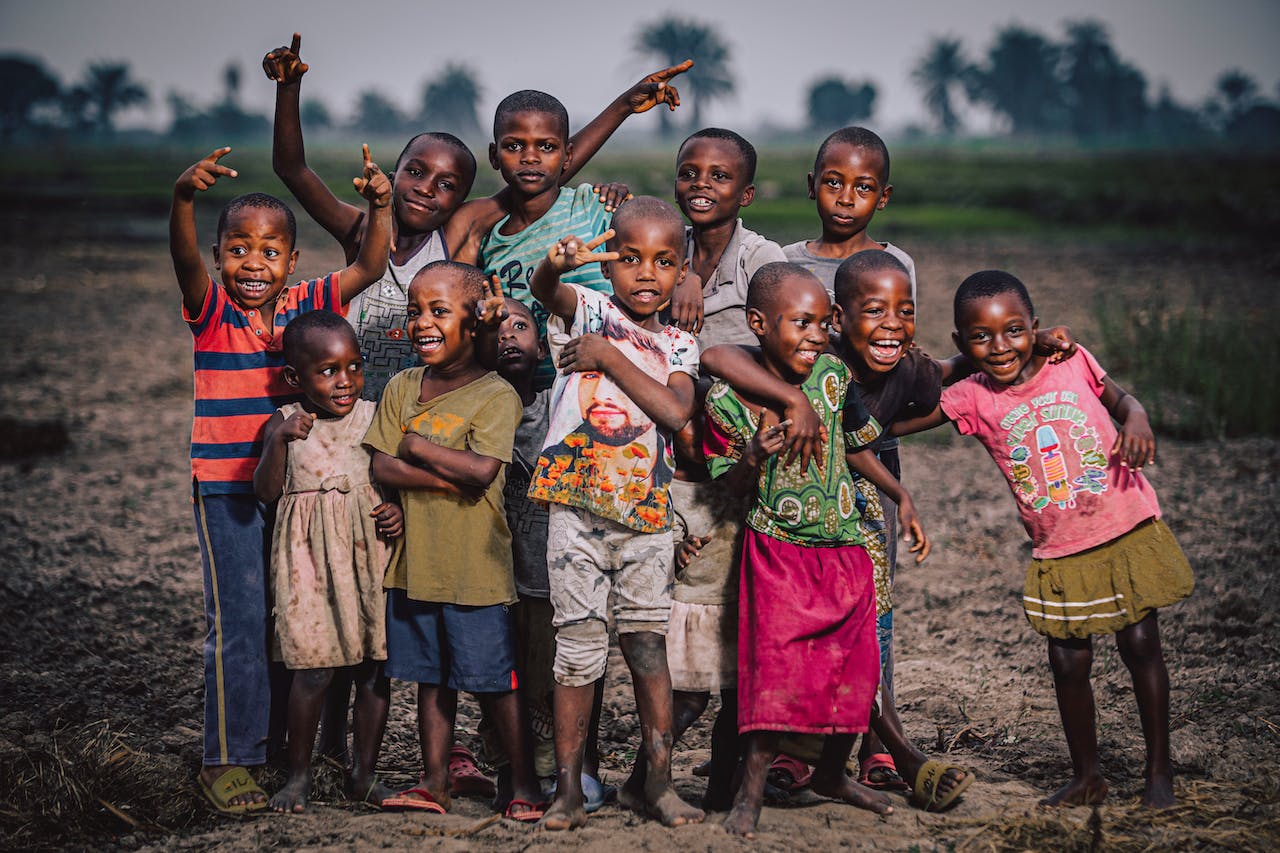
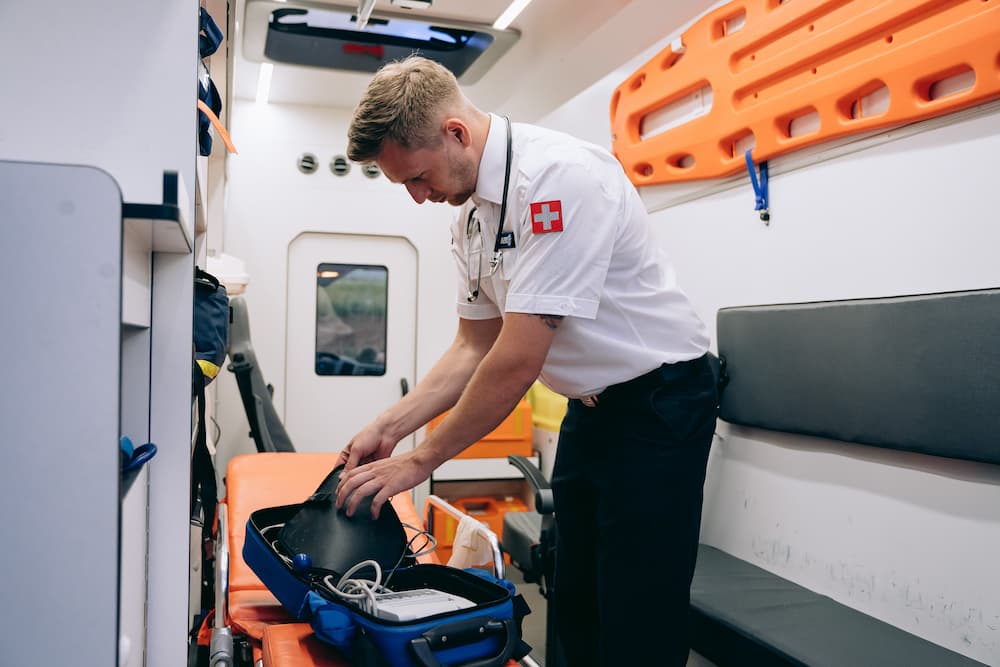

EOR collaborates with local government, traditional leaders, and civil society groups to impart knowledge to residents in rural and underserved areas. The focus areas include proper nutrition and food production, water, sanitation, hygiene, disease prevention, and disaster risk reduction. Our initiatives involve equipping individuals with new job skills to broaden their income streams, fostering financial inclusivity, particularly targeting women and youth. Additionally, EOR’s resilience programs contribute to enhancing maternal and child health, improving nutrition, and increasing access to public services within the most vulnerable communities in the country.
EOR plays a vital role in enhancing the preparedness of local governments and communities to respond effectively to natural disasters and climate-related challenges, specifically focusing on the most vulnerable regions of the country. Training is provided to disaster management committees and volunteer groups, empowering them to assess risks, develop robust contingency plans, and conduct simulation drills for disaster readiness. Collaborating closely with the Government of Bangladesh (GOB), EOR contributes to strengthening their capacity in utilizing early warning systems and implementing response activities efficiently to protect people from potential harm. Through partnerships with the GOB, the U.S. Army Corps of Engineers, and international organizations, EOR is involved in constructing and refurbishing multi-purpose disaster shelters. These shelters not only serve as safe havens during severe weather but also function as schools and community centers during non-emergency periods. EOR’s investments extend to flood-prone communities, where initiatives include building earthen embankments or plinths. These structures elevate homesteads and livestock above floodwaters, mitigating the risk of property loss.
EOR has collaborated with the GOB and various partners to enhance early warning systems that leverage technology to create specific weather and flood forecast advisory messages. These messages are tailored for individuals residing in coastal regions and other areas susceptible to flooding or landslides, offering timely alerts about impending severe weather conditions. The improvements in flood forecasting and early warning systems now extend the advance warning period to up to 15 days, a significant enhancement from the previous three days. This extended lead time empowers communities to better prepare and take precautions, ensuring they can avoid potential harm during severe weather events.
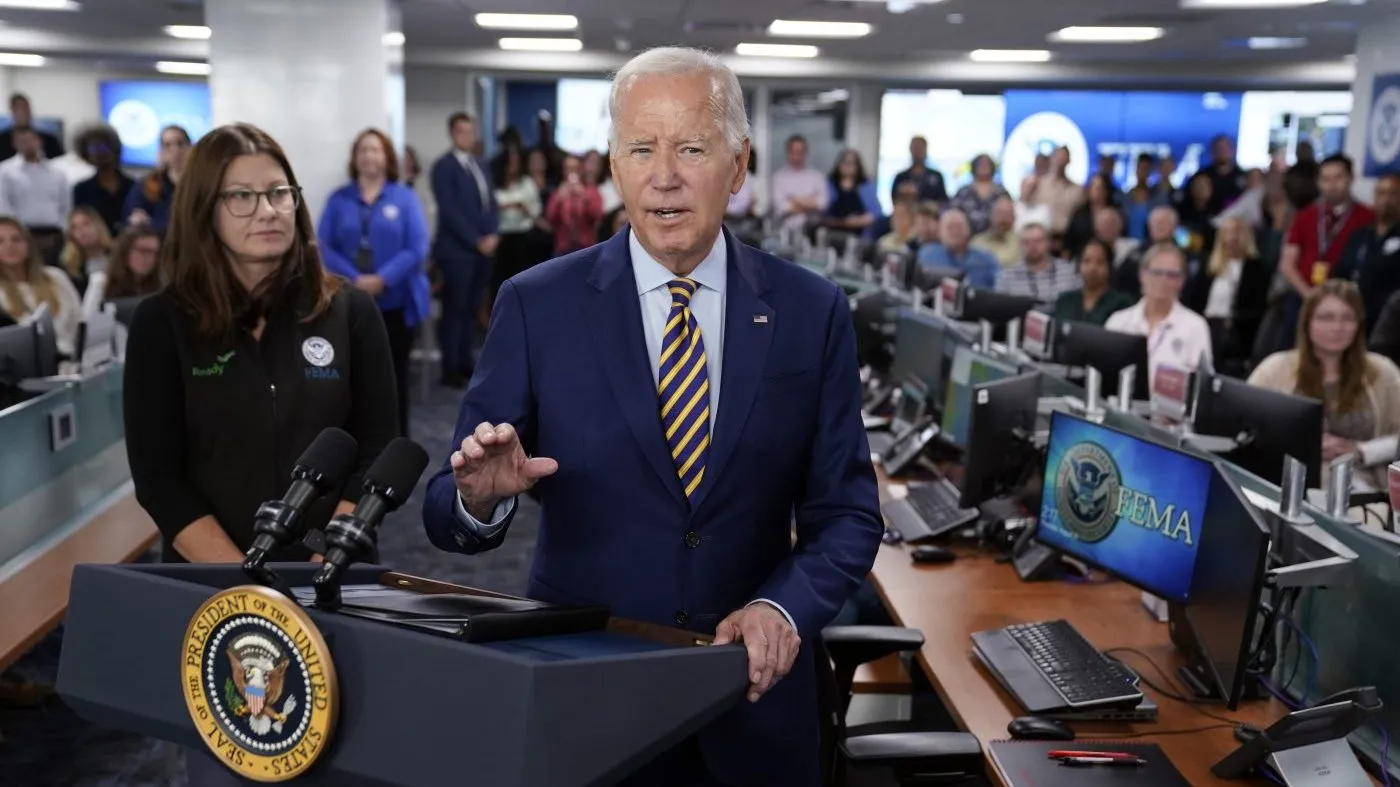
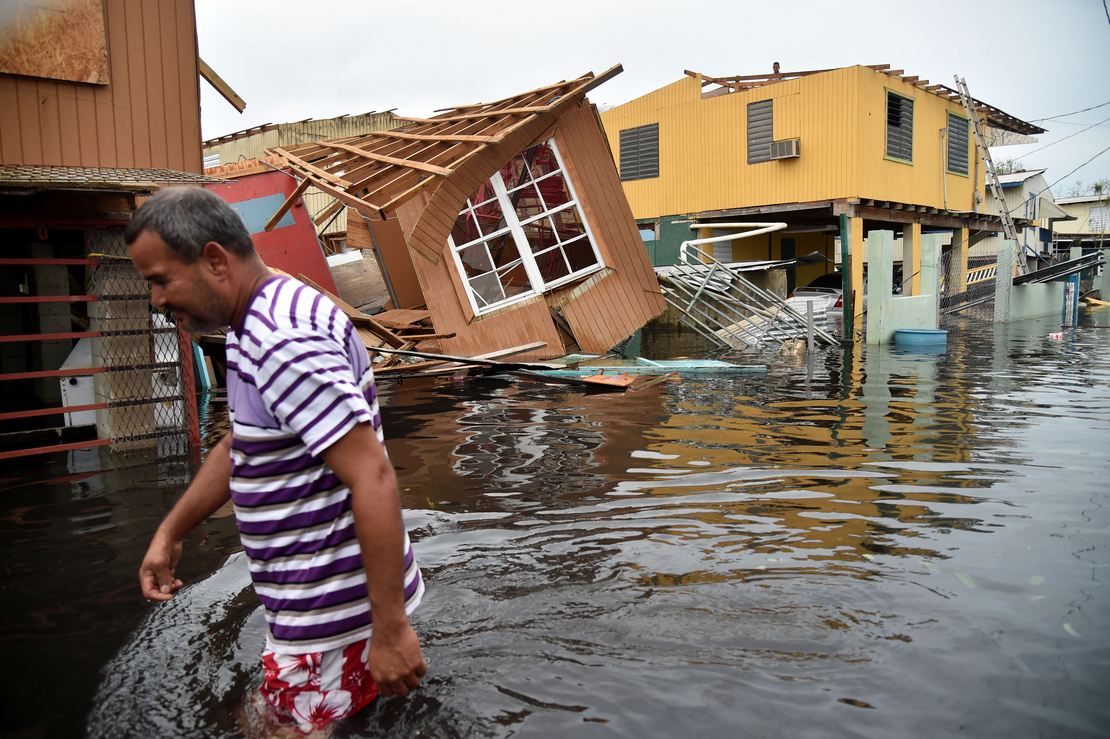
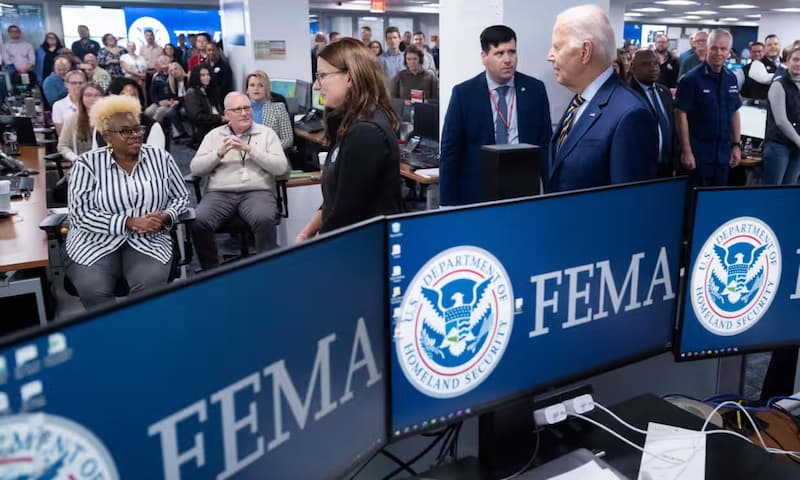
Other organizations and agencies may include the National Guard Bureau, Defense Logistics Agency, U.S. Army Corps of Engineers, U.S. Special Operations Command, U.S. Transportation Command, secretaries of the military services, the Joint Staff, and the Assistant Secretary of Defense for Homeland Defense and Global Security.
The National Response Framework (NRF) is a guide to how the nation responds to all types of disasters and emergencies. It is built on scalable, flexible, and adaptable concepts identified in the National Incident Management System to align key roles and responsibilities.
The NRF is structured to help jurisdictions, citizens, nongovernmental organizations and businesses. Most hurricane response efforts are handled by the respective states and National Guard forces. When federal military forces or capabilities are required for the continental United States, the Virgin Islands or Puerto Rico, EOR is called upon to conduct its DSCA mission.
The lead federal agency for hurricane response is normally FEMA. However, because EOR’s area of responsibility also includes Canada, Mexico, Bermuda, the Bahamas and Turks and Cacaos, all requests for hurricane response assistance from these countries comes through the Department of State, which serves as the lead federal agency in these instances.
8(a) Certified • Native American Indian • Service Disabled • Veteran Owned • Hubzone • GSA Schedule
© 2020 EOR – Electronic On Ramp. All rights reserved

